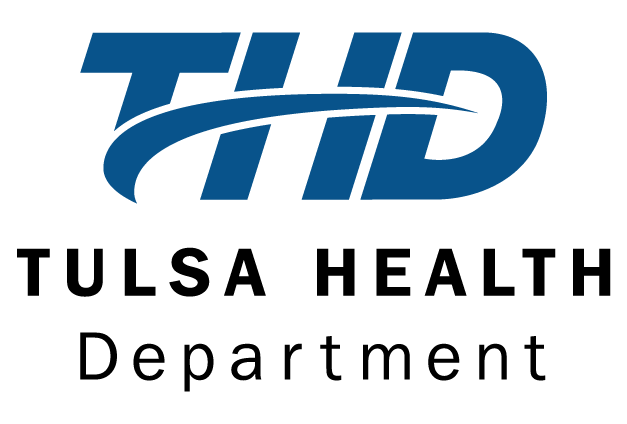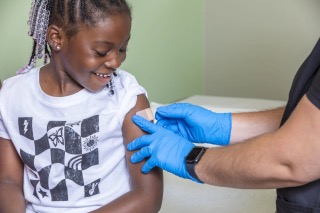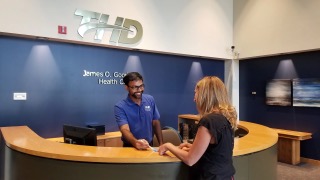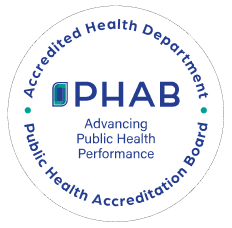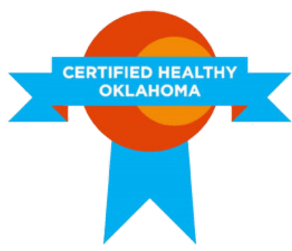TULSA, OK – [April 25, 2013, 4:50 p.m. CST] – Testing continues for patients of W. Scott Harrington’s dental surgical practice, and the Oklahoma State Department of Health (OSDH) and Tulsa Health Department (THD) have received a second round of results.
Eight new cases of hepatitis C have been identified since the last situation update, for a cumulative total of 65 individuals who have tested positive for hepatitis C. There are no new positive cases to report for hepatitis B or HIV.
On March 28, public health officials advised they were notifying current and former patients of the practice that they may have been exposed to blood-borne viruses at Harrington’s Tulsa and Owasso offices. Health officials recommended these patients have their blood drawn for testing for hepatitis B, hepatitis C and HIV infection at free screening clinics established at the Tulsa Health Department, Oklahoma City-County Health Department and other county health departments in the state. The Oklahoma State Department of Health’s Public Health Laboratory is providing the laboratory analysis on specimens collected at these sites. The lab has completed testing for 3,503 persons as of 5:00 p.m. Wednesday.
Those persons whose tests are positive are being personally contacted and counseled about information specific to the disease for which the test was positive, and they will be directed to resources for appropriate care and follow up. If warranted, testing will be recommended for a spouse or partner.
Based on current Oklahoma disease prevalence data for hepatitis B and C and HIV, health officials recognize some of the positive screening tests are likely a result of infection exposure not related to dental procedures at the Harrington practice. From the most recent data available, an estimated 4,944 persons are living with HIV/AIDS in Oklahoma and as many as 68,000 Oklahomans may be infected with hepatitis C. Hepatitis C is the most common blood-borne infection in the United States and is an increasing cause of morbidity and mortality. Hepatitis C causes inflammation of the liver that can lead to chronic health issues. Many of the approximately three to four million persons living with hepatitis C in the U.S. are unaware they are infected and do not receive care or treatment. Hepatitis B, a contagious liver disease, is spread when blood, semen or other body fluid infected with the hepatitis B virus enters the body of a person not infected.
Tests used to identify hepatitis B, hepatitis C and HIV are based on the body’s immune response to infection. Persons infected will begin to test positive within weeks with almost all testing positive within six months of exposure. Persons who are tested prior to six months after exposure and are found to be negative should be tested again at six months after exposure to assure they are negative.
To date, 3,568 people have visited county health departments throughout the state to have their blood drawn for testing as part of this public health response. An unknown number of persons have sought testing through their private health care provider.
Screening Appointments and Patient Information Hotline
In the Tulsa metropolitan area, screening continues weekdays at the North Regional Health and Wellness Center, 5635 N. Martin Luther King Jr. Blvd. Patients are advised to call the North Regional Health and Wellness Center directly at (918)595-4380 to schedule an appointment. Walk-ins will still be accepted, however appointments are recommended in order to minimize wait times.
Anyone who was a patient at Dr. W. Scott Harrington’s dental practice should contact the Patient Information hotline (918)595-4500 with any questions. English- and Spanish-speaking public health representatives will be available during normal business hours from 8 a.m. to 5 p.m. Monday through Friday.
Current and former patients of the Harrington practice who live elsewhere in the state should contact their local county health department to make an appointment to have their blood drawn for testing.
Further information on the screenings and results from this public health response will be included in Situation Updates on our website.
